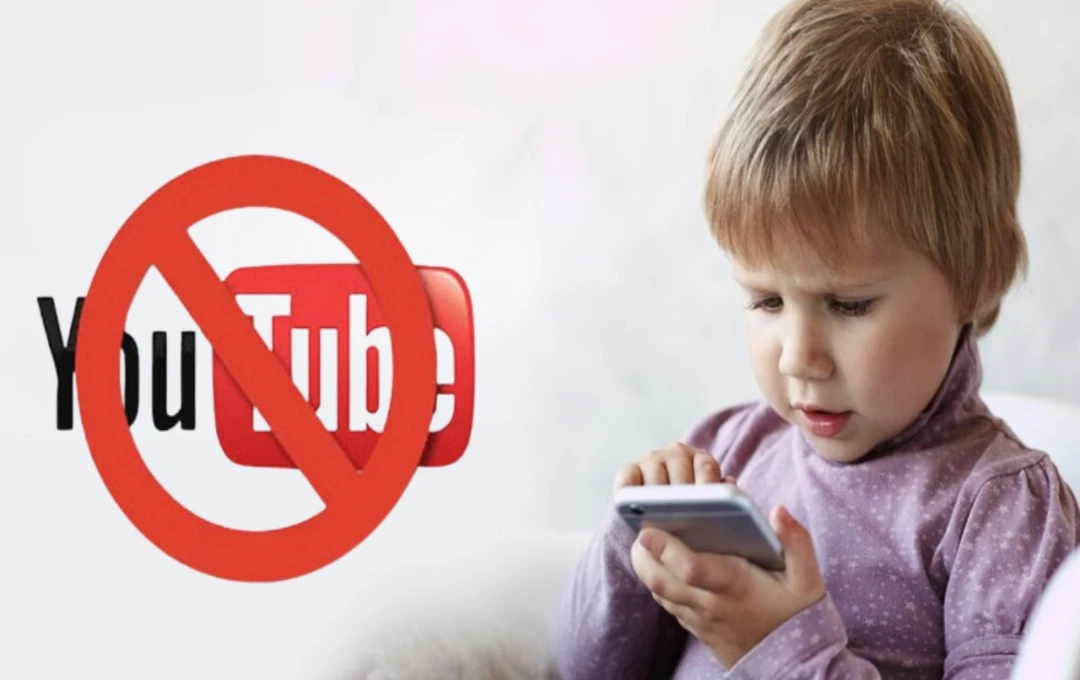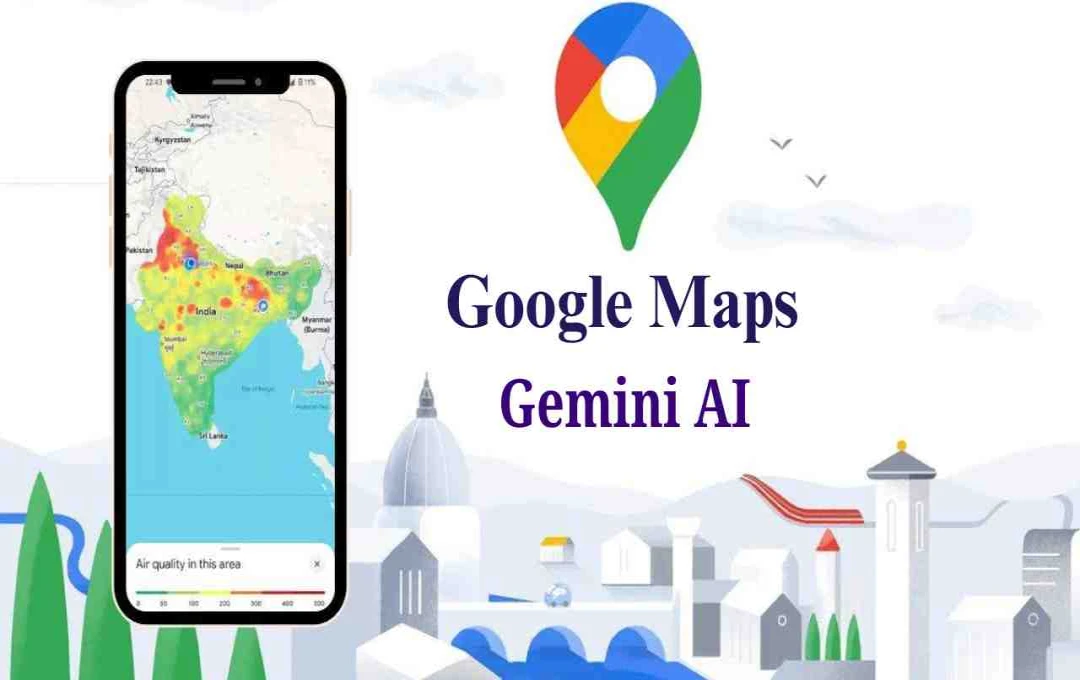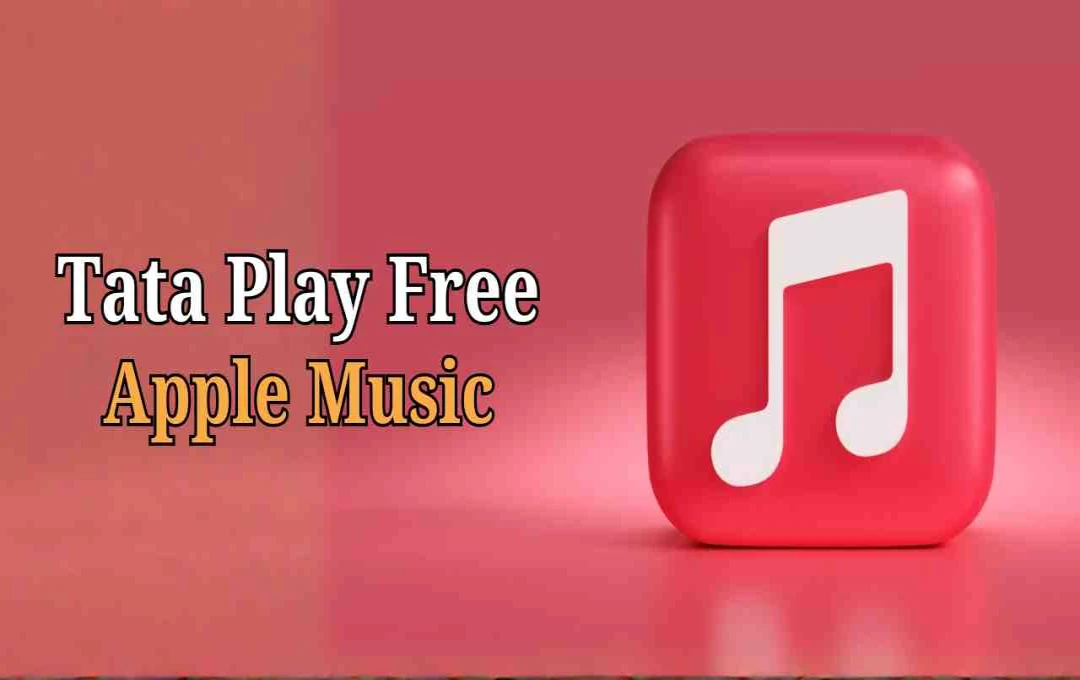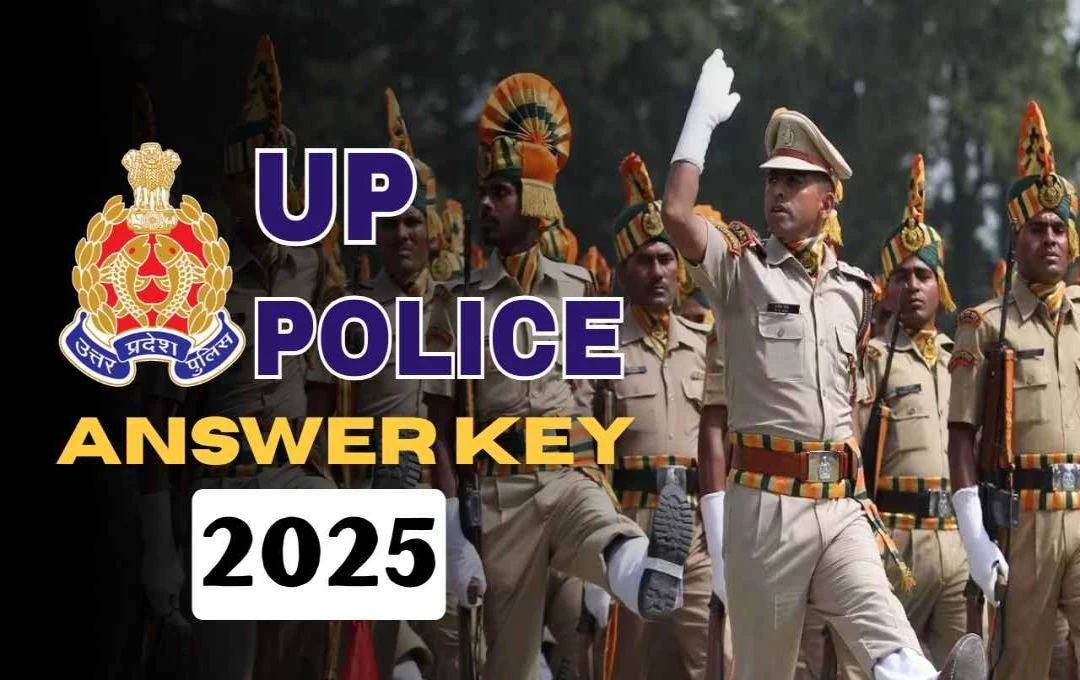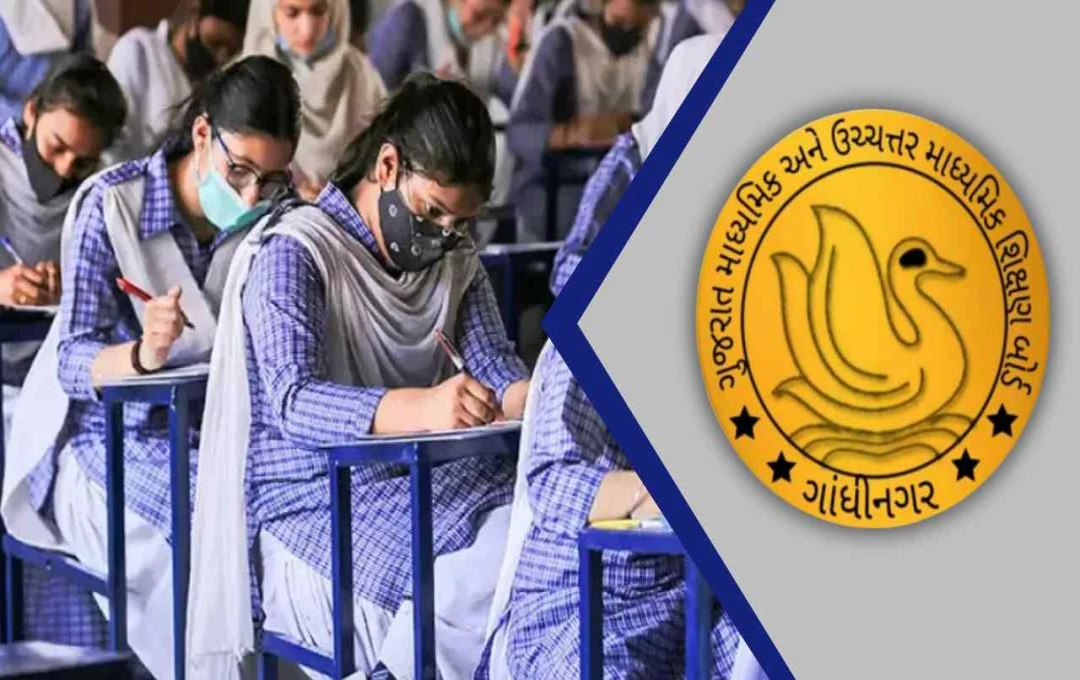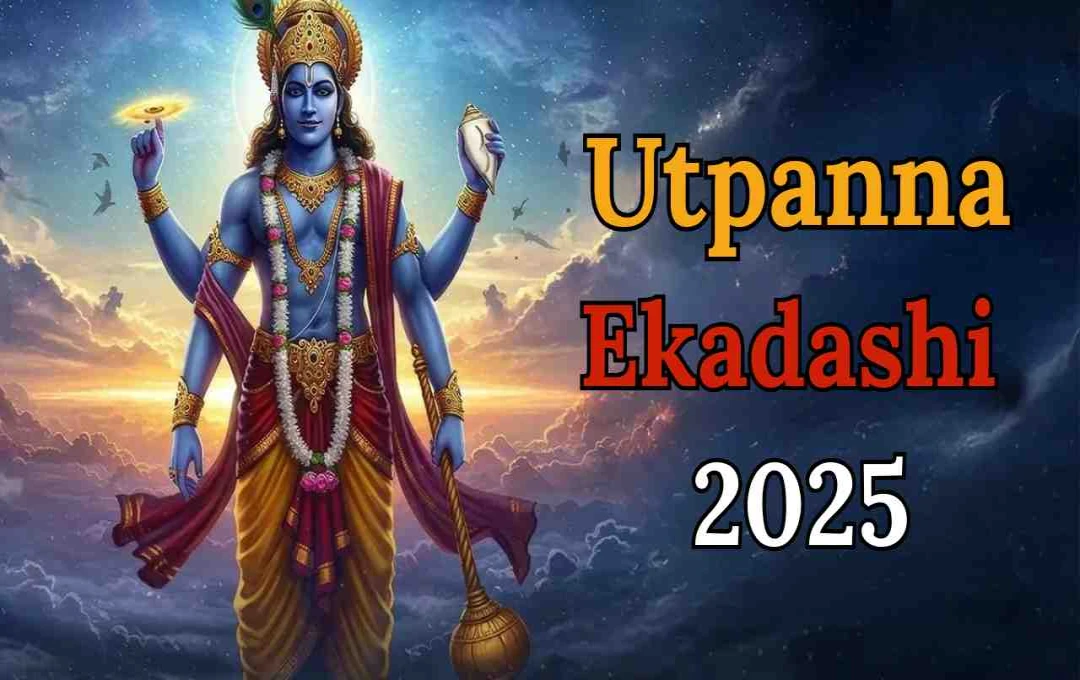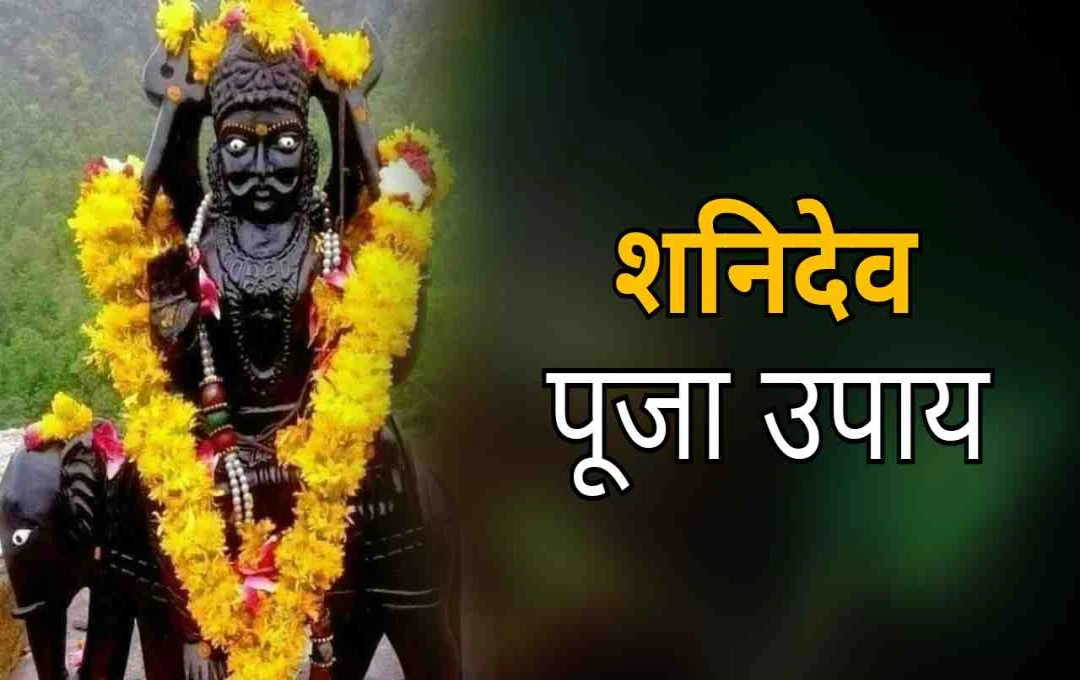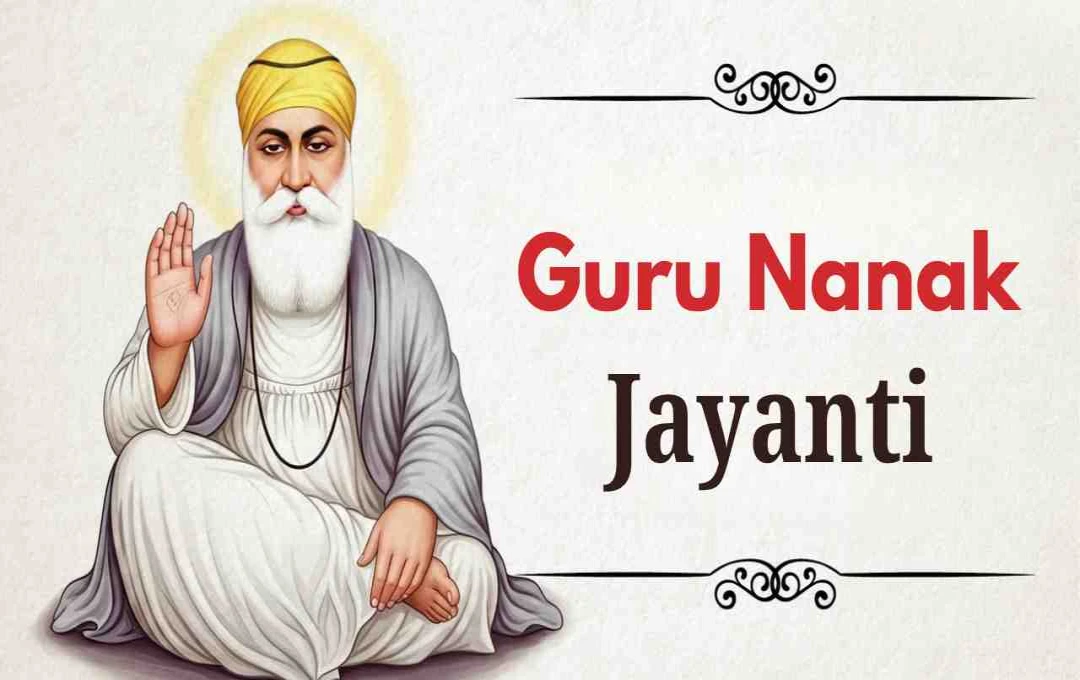Australia has decided to ban YouTube for children under the age of 16. Violations of this policy, which will come into effect from December 2025, will attract fines of up to ₹265 crore.
YouTube: The impact of social media on children has become a global concern. Many countries are taking strict measures in this direction, and in this vein, Australia has taken a major and stringent decision to ban YouTube for children under the age of 16. This new law will come into effect from December 2025 and aims to protect children from harmful online content.
YouTube Ban: What is the Decision?
Under a new law passed by the Australian Parliament, children under the age of 16 will be prevented from using certain major social media platforms, including YouTube. Initially, YouTube was excluded from this rule, but after a report and research by the eSafety Commissioner, it has now been included. This decision will directly affect millions of children and their parents, and will also increase the responsibility and accountability of digital platforms.
Penalty Provision: Punishment up to ₹265 Crore
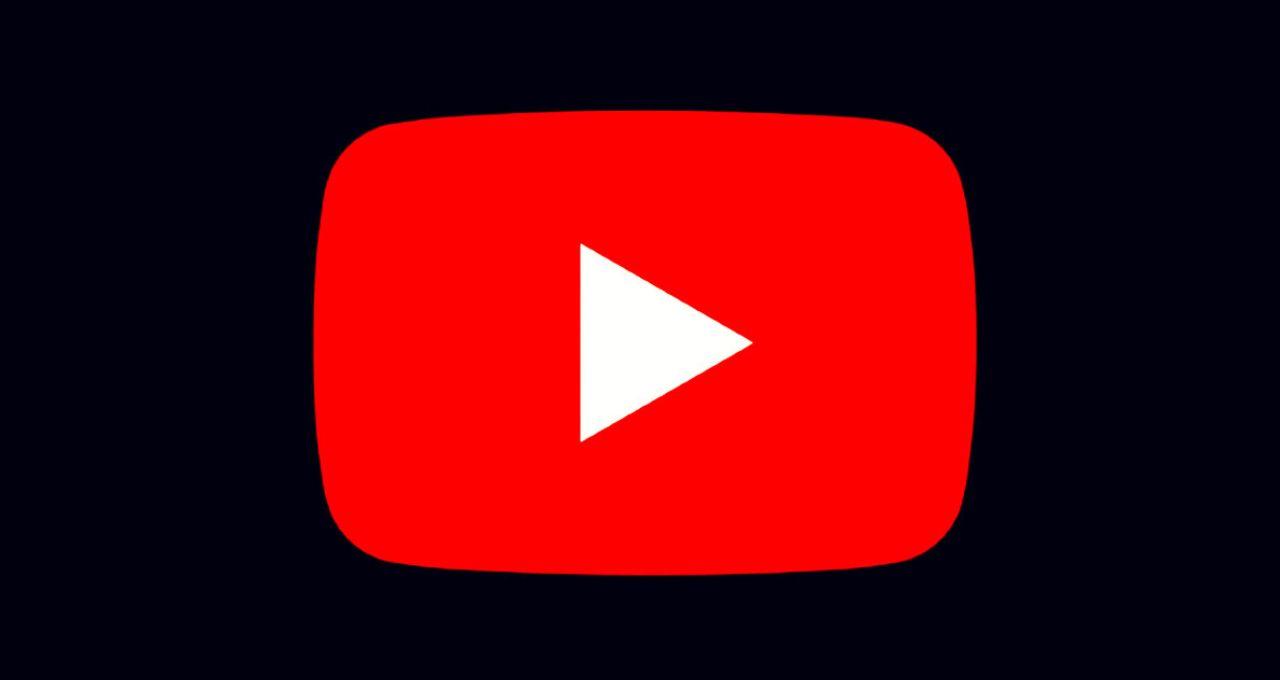
If a social media platform violates this law, it will have to pay a heavy fine of A$49.5 million (approximately ₹265 crore). This amount is considered one of the largest digital penalties in Australian law to date. The government says that this step is not just about making laws, but also about fulfilling social responsibility.
eSafety Commissioner's Report Changed the Picture
The report presented by Australia's eSafety Commissioner revealed that:
- 37% of children aged 10 to 15 have seen harmful content on YouTube.
- This percentage is the highest compared to any other social media platform.
The report also stated that children on YouTube are more likely to see content related to misinformation, violence, suicidal tendencies, and unhealthy body image.
YouTube's Response: 'We are not Social Media'

Responding to this policy change, YouTube said: 'We are a video sharing platform, not social media. We provide quality content for free, which people can also watch on TV.' However, platforms such as TikTok, Instagram and Facebook were already questioning the exemption YouTube was receiving. According to them, YouTube's influence on children is equal to or greater than theirs.
Prime Minister's Reaction: 'Now is the Time to Take Responsibility'
Australian Prime Minister Anthony Albanese defended this policy, saying: 'Social media is harming our children, and we must ensure that parents have confidence that the government is committed to protecting their children.' He emphasized that this rule is necessary to remind platforms of their social responsibility.
Which Platforms Received Exemptions?
The government has exempted some platforms from this law, as they are considered low-risk:
- Online gaming platforms
- Health and education-based applications
- Messaging services (such as WhatsApp, Signal)
Different rules are already in place on these platforms and their impact on children has been found to be comparatively low.
What is the Opinion of Parents and Experts?
Parents have given a mixed reaction to this decision. Some say that depriving children of creative and educational videos may be an exaggeration, while others consider it a right step towards the mental and emotional safety of children. Academics suggest that this type of policy should use more filtering and content validation techniques, rather than a complete ban.
Its Impact on India and Other Countries?
Australia's move could also increase pressure on policymakers around the world. In India, where YouTube is used by children for everything from education to entertainment, discussions about such a policy are still in their early stages. But if digital companies are negligent in privacy and content moderation, other countries, including India, may also follow the same path.
